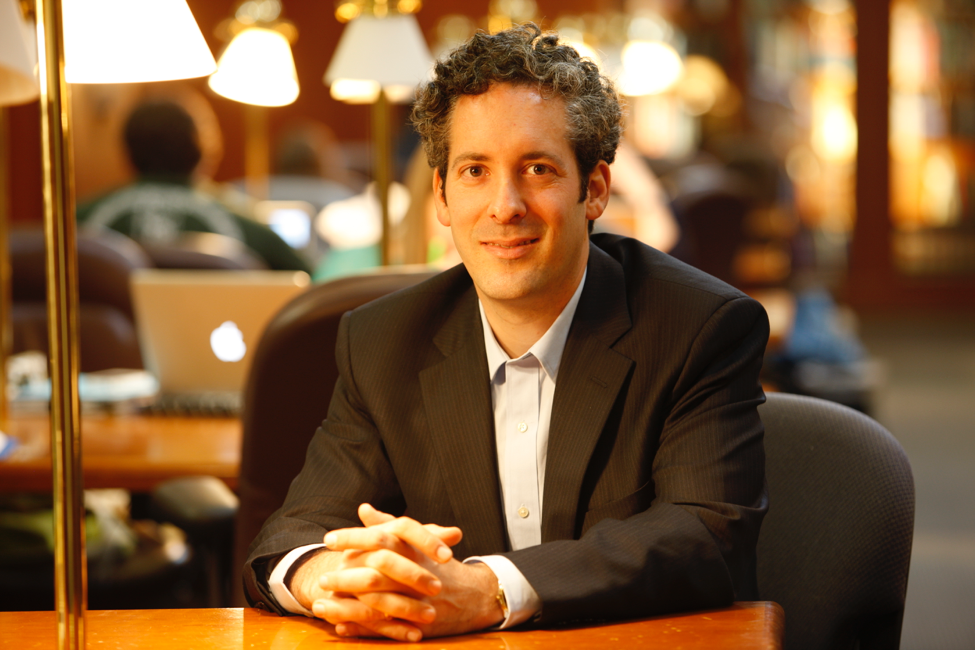
Holding companies accountable for crimes is essential, yet more must be done to end “too big to jail” concerns.
It is sobering that discussions about regulatory capture now include the subject of criminal prosecutions. The last group of public officials one would expect to be influenced by special interests would be federal prosecutors. Nor are prosecutors normally thought of as akin to regulators enforcing policy. They enforce criminal laws.
But corporate prosecutions do serve broad regulatory goals. That the public is increasingly demanding greater accountability for corporate crimes is a positive development. Take the case of HSBC. The former head of compliance at HSBC announced his resignation at a July 17, 2012 hearing before the U.S. Senate’s Permanent Subcommittee on Investigations. Explaining his decision to leave, he said:
As I have thought about the structural transformation of the bank’s compliance function, I recommended to the group that now is the appropriate time for me and for the bank for someone new to serve as the head of group compliance.
The Subcommittee’s remarkable investigation described not just a weak anti-money laundering program at the multi-national bank, but billions of dollars diverted to Mexican drug cartels, groups linked to terrorism, sanctioned regimes, and others. The scale of the violations was shocking. Prosecutors described concerted efforts to hide dirty money transactions, with internal notes like: “OFAC sanctioned country,” “do not mention our name in New York,” or “do not mention Iran.” When HSBC’s compliance officers raised alarms, they were “discouraged.”
“We accept responsibility for our past mistakes,” said the bank’s CEO in 2012, when HSBC settled its case with prosecutors. The bank was not convicted of any crime. This galled editorial boards, members of Congress, and the public. The same day that prosecutors filed their case, they asked the judge to approve a deferred prosecution agreement; the case would be put on hold to give the bank a chance to show good conduct. A money laundering conviction could have resulted in termination of the bank’s U.S. charter. Yet no employees or officers were prosecuted. At the time, then-Assistant Attorney General Lanny Breuer explained: “Our goal here is not to bring HSBC down, it’s not to cause a systemic effect on the economy, it’s not for people to lose thousands of jobs.” Upon announcement of the settlement, HSBC shares rose.
Prominent cries of “too big to jail” greeted the agreement. Senator Chuck Grassley (R-Iowa) said, “[f]unctionally, HSBC has quite literally purchased a get-out-of-jail-free card for its employees for the price of $1.92 billion dollars.” Senator Jeff Merkley (D-Ore.) called it a “‘too big to jail’ approach.” And Senator Elizabeth Warren (D-Mass.) stated, “evidently, if you launder nearly a billion dollars for drug cartels and violate our international sanctions, your company pays a fine and you go home and sleep in your own bed at night.”
One of the most remarkable stories in all of American criminal law is the recent rise of corporate prosecutions. I have assembled and posted online a vast database of corporate prosecution agreements and plea agreements from the past decade and beyond. As these materials show—and as I describe in my book, Too Big to Jail—billion-dollar fines have become normal events. In 2015, corporations paid record sums exceeding $9 billion in penalties to federal prosecutors, with a remarkable $7 billion of that sum coming from financial institutions, as I have recently analyzed in an essay.
Companies cannot literally be put in jail, of course. And that is why adequately holding them accountable for crimes is so important. Responsible officers and employees can be targeted. Firms can be structurally reformed, but only if compliance requirements are taken seriously. Often the compliance requirements are generic and do not call for compliance to be independently or even internally rigorously audited. Firms can pay deterrent fines and compensate victims. Yet many companies pay no fine, and even the biggest payments are often greatly discounted. It is not the case that more companies are being prosecuted each year; on the contrary, fewer and fewer are. Indeed, increasingly the most important corporate offenders, particularly the public companies, have received out-of-court deals. If one of these companies were to commit crimes in the future, it would not be a recidivist. After all, the company had avoided a conviction. This situation alone raises “too big to jail” concerns, since federal prosecutors rarely extend such leniency to individual defendants.
On the topic of individual defendants: in recent years, almost two-thirds of corporate prosecutions have not been accompanied by any charges filed against employees. A company is a powerful cooperator, with access to information about day-to-day activities of employees and officers. Yet employees are rarely charged—and most who have been were not high-up officers of the companies, but rather were middle managers of one kind or another.
Will this change? The U.S. Department of Justice has announced a set of recent changes aimed at increasing the focus on individual investigations. Yet there has not yet been any observable change in the charging data regarding individuals. Federal prosecutors are also apparently joining the bank’s appeal of an order to release a redacted copy of the HSBC monitor’s report: a major document allegedly describing how after the company’s billion-dollar settlement with the government, the bank “moved too slowly” on compliance and compliance is still inadequate. Perhaps more resources for corporate investigations, and a sea change in priorities, are needed to end “too big to jail” once and for all.
This essay is part of The Regulatory Review’s sixteen-part series, Rooting Out Regulatory Capture.




